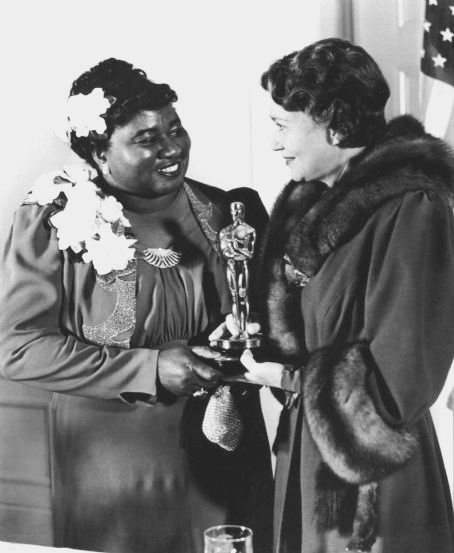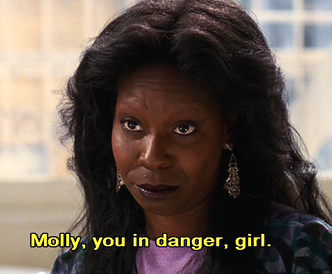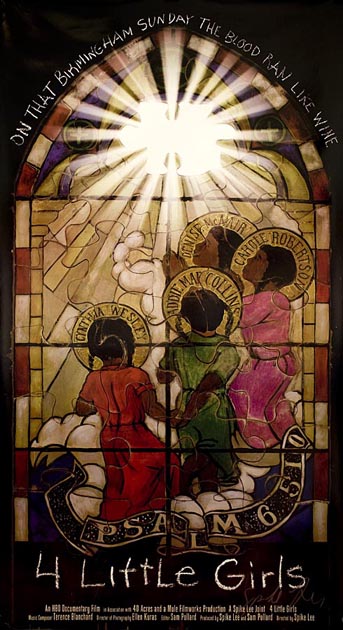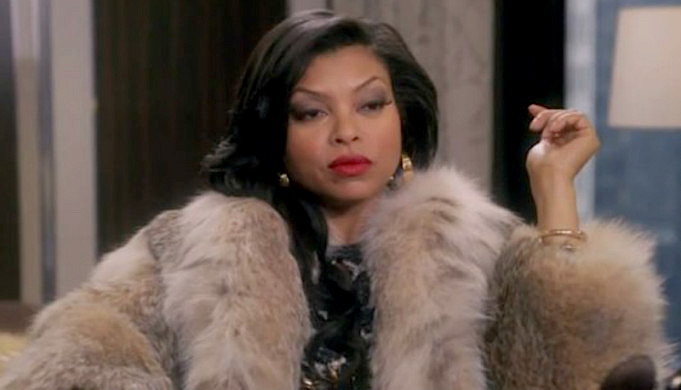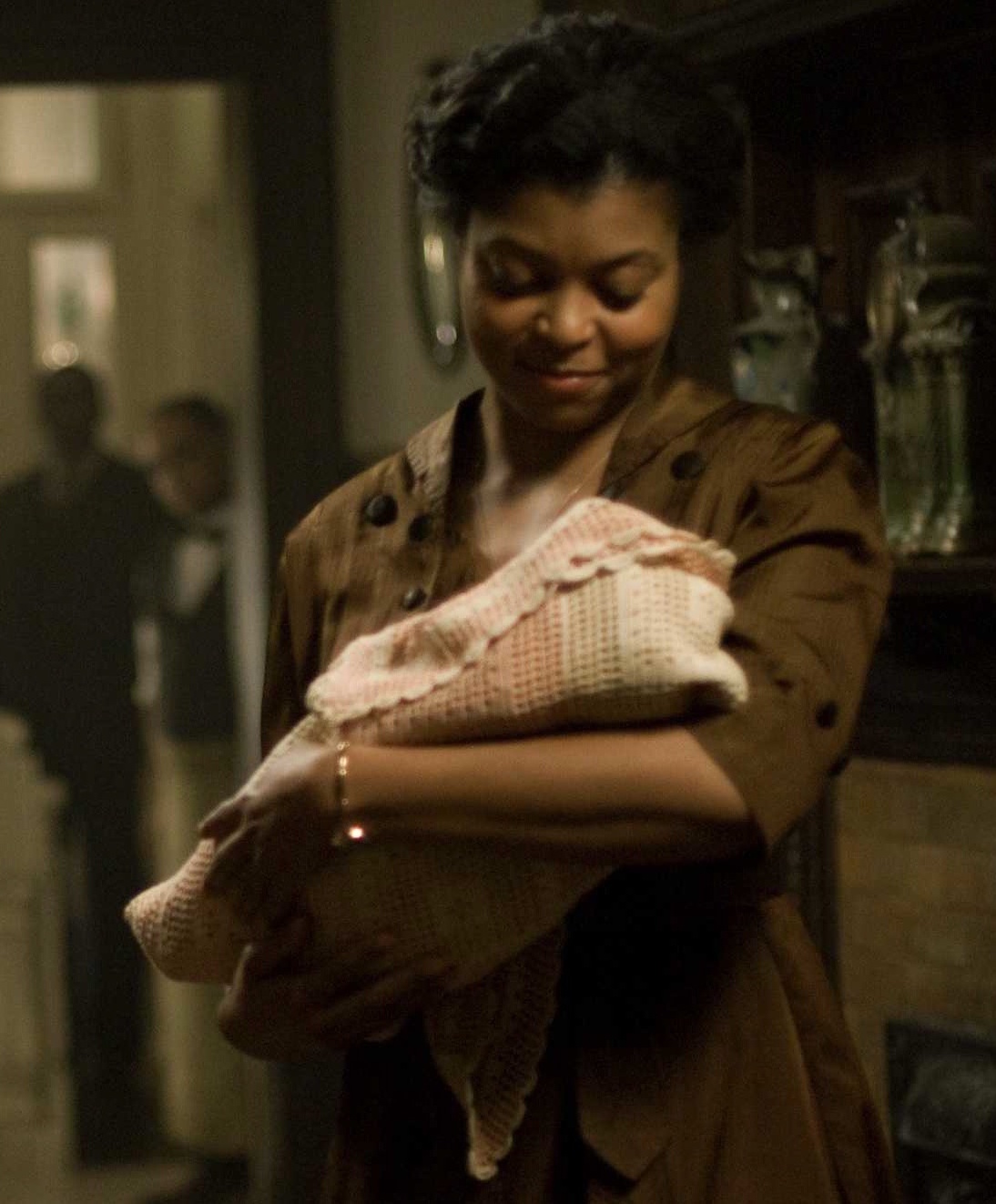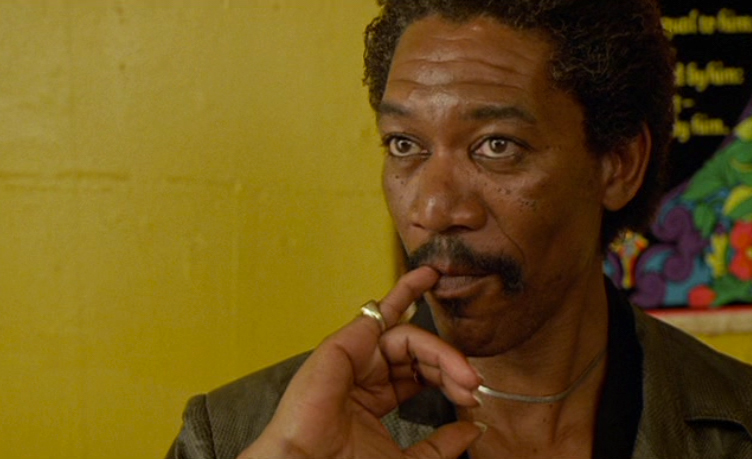Black History Month: Spotlight on Octavia Spencer
 Thursday, February 23, 2017 at 2:40PM
Thursday, February 23, 2017 at 2:40PM 
On February 26, 2012, Octavia Spencer won the Oscar for Best Supporting Actress for her endearing performance as the feisty Minny Jackson in Tate Taylor’s The Help. With her win, Spencer joined an elite group, becoming just the sixth black actress to win an acting Oscar (and only the seventh overall, if you count Irene Cara’s Original Song win for Flashdance, since she also starred in the film). Prior to 2011, Spencer had worked steadily since the mid-90s, gaining a reputation as a warm and generous co-star and a beloved character actress. So her win in February 2012 felt like an authentic opportunity for the academy to recognize an industry favorite.
Spencer was an indomitable force in the 2011 awards season, snatching wins at the Critics Choice, SAG awards, Globe Globes, and BAFTA, and beating out a talented crop of women in sensational breakout performances, including: Melissa McCarthy (Bridesmaids), Shailene Woodley (The Descendants), and Spencer’s co-star, Jessica Chastain (who had taken both the LA and NY Film Critics awards for her outstanding trio of performances in The Help, Take Shelter, and Tree of Life). Spencer’s Oscar win was a foregone conclusion early in the race. The real competition that was year between Viola Davis and Meryl Streep in Leading Actress. Viola could have made history that night as the second black woman to win in lead, but it wasn’t to be. Instead, Spencer walked away with The Help’s only win that evening. Little did we know then, Octavia’s Oscar story wasn’t over, and she definitely wasn’t done making history...



